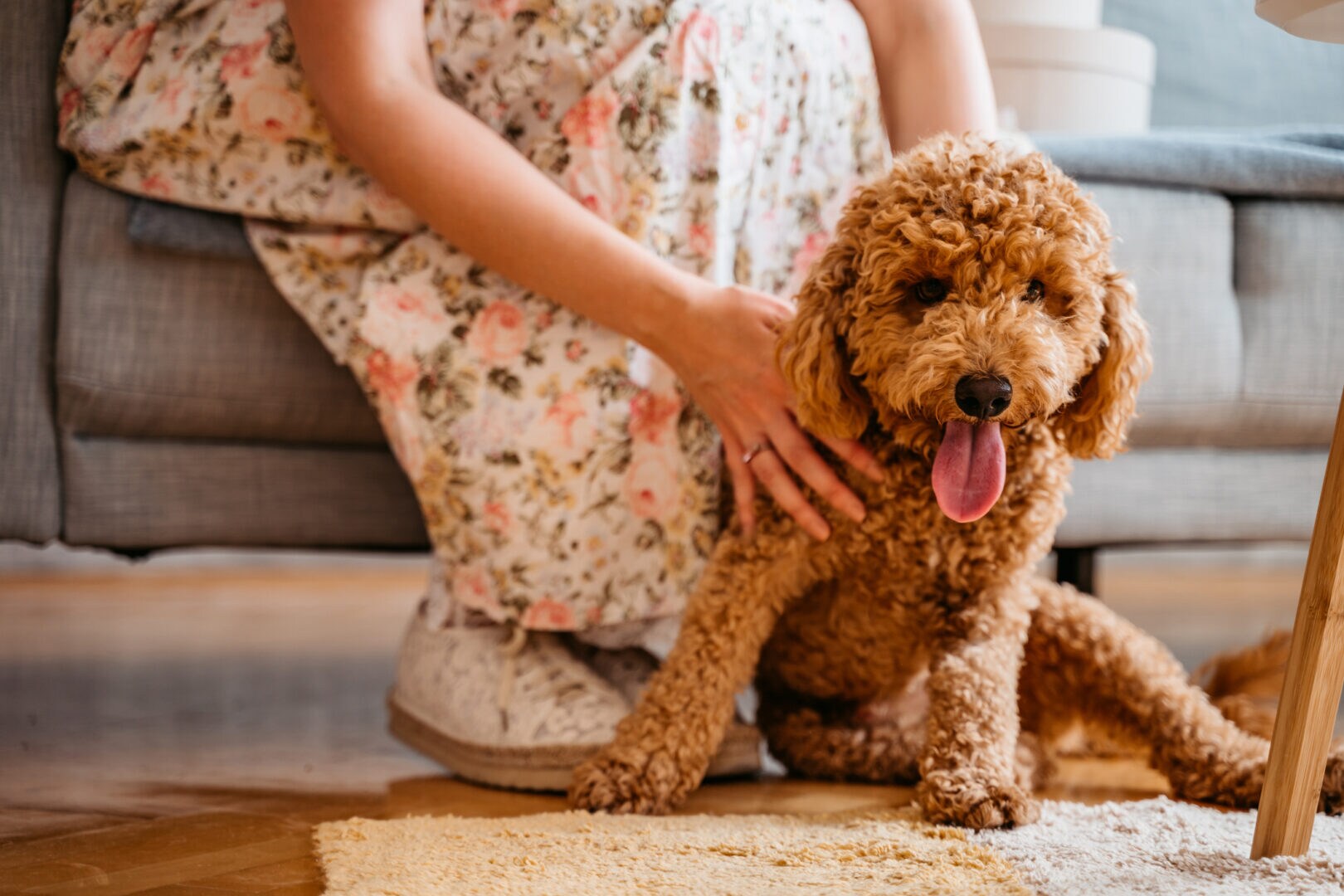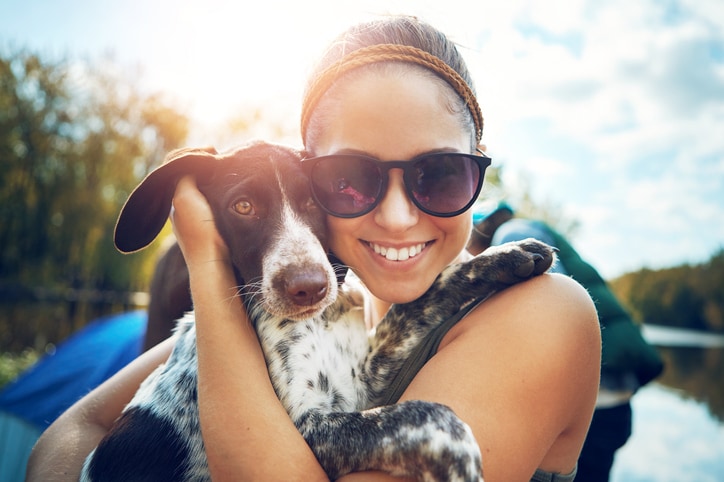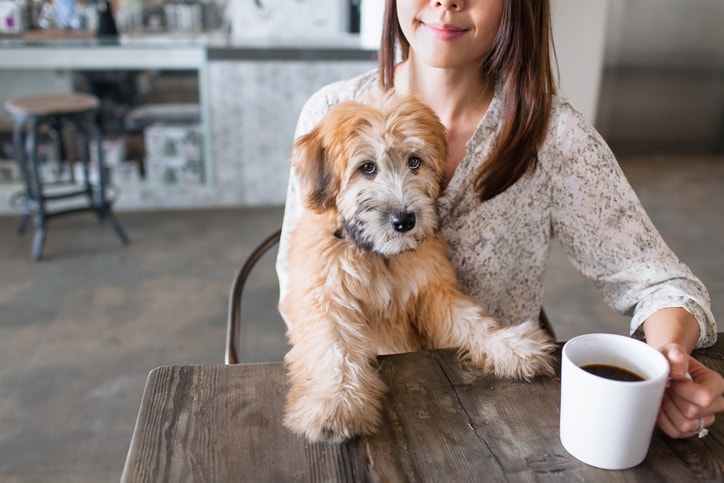Having your dog spend some time in a kennel may be a necessity from time to time, but it doesn’t come without risks. One of the most common is the onset of kennel cough, a sickness that frequently plagues canines.
What is kennel cough in dogs?
Most cases of kennel cough are a result of a bacterium called Bordetella bronchiseptica, which is why it is sometimes referred to as Bordetella.
“This cough is an inflammation or an irritation of the lining of the large airways of the respiratory tract. Most cases are caused by Bordetella,” Dr. Norm Stillman, a veterinarian and founder of the Court Street Animal Hospital in Plymouth, Massachusetts, explains. It is not contagious to humans but is highly contagious among dogs.
What are kennel cough symptoms in dogs?
Bordetella is characterized by a dry, hacking, gagging cough. It’s important to note that the cough doesn’t, and shouldn’t, interfere with the dog’s ability to breathe or function normally. You may also notice that your dog has a watery nose or eyes, but typically it’s just the cough.
“The dog sounds like he is going to cough up a lung and will keep you awake at night with his coughing, but it doesn’t affect his energy level, eating or daily life,” Stillman says. “It bears watching but, like most humans, the dog just needs a little supportive care.”
“The dog sounds like he is going to cough up a lung and will keep you awake at night with his coughing, but it doesn’t affect his energy level, eating or daily life.”
—Dr. Norm Stillman, veterinarian
How do dogs get kennel cough?
Transmission of Bordetella is extremely easy, says Dr. Jeff Werber, a veterinarian and founder of Century Veterinary Group in Los Angeles. “Kennel cough is highly contagious and got its name because it spread so rapidly in kennels. The incubation period is generally from three days up to six or seven days,” he says.
“It’s important to realize that the cough can be spread in any environment where dogs congregate, such as dog parks, doggie day care centers, grooming facilities, veterinary clinics, etc.,” he says.
In other words: A simple nose touch between dogs, sharing a dish or playing with the same toy can easily spread kennel cough. It can be airborne if a dog coughs in another dog’s face, but is mostly spread through direct contact.
Can kennel cough be prevented?
The best prevention technique is keeping your dog away from others when there is a known outbreak. Another method of prevention is vaccination. Vaccines are available intranasally via nose drop, orally or through an injection. “The vaccine is not 100% protective but is effective and usually mitigates symptoms, so even if a dog is infected, the case won’t be as severe,” Werber advises.
“The vaccines are very effective against Bordetella,” Stillman says, adding, “but sometimes a dog develops a cough due to another virus. Other things can mimic the symptoms of kennel cough, so if your dog is vaccinated and still develops a cough, it’s likely something else.”
When should you seek treatment?
It’s time to check in with your veterinarian if your dog:
- Is having trouble breathing.
- Won’t eat.
- Seems lethargic.
- Has green or colored nasal discharge.
- Has a cough that’s gone on for two to three days.
“If your dog seems to be worse in the early morning, late night or when excited, see your veterinarian,” Werber recommends. “Most cases clear up within six to 10 days. But severe cases can progress to pneumonia and be life threatening.”
“Most cases clear up within six to 10 days. But severe cases can progress to pneumonia and be life threatening.”
—Dr. Jeff Werber, veterinarian
How to treat kennel cough in dogs?
Kennel cough is typically treated with an antibiotic and sometimes with cough medicine.
“Treatment depends on the type of cough. There are certain antibiotics we commonly use,” Werber says. “If the cough is dry and hacking, we try to suppress the cough to make the dog comfortable. But if it is a productive cough, we don’t want to suppress it, we want that phlegm coughed up, so we might use an expectorant.”
As always, call your vet with any concerns or for advice about your dog’s health.





